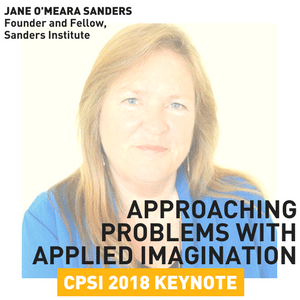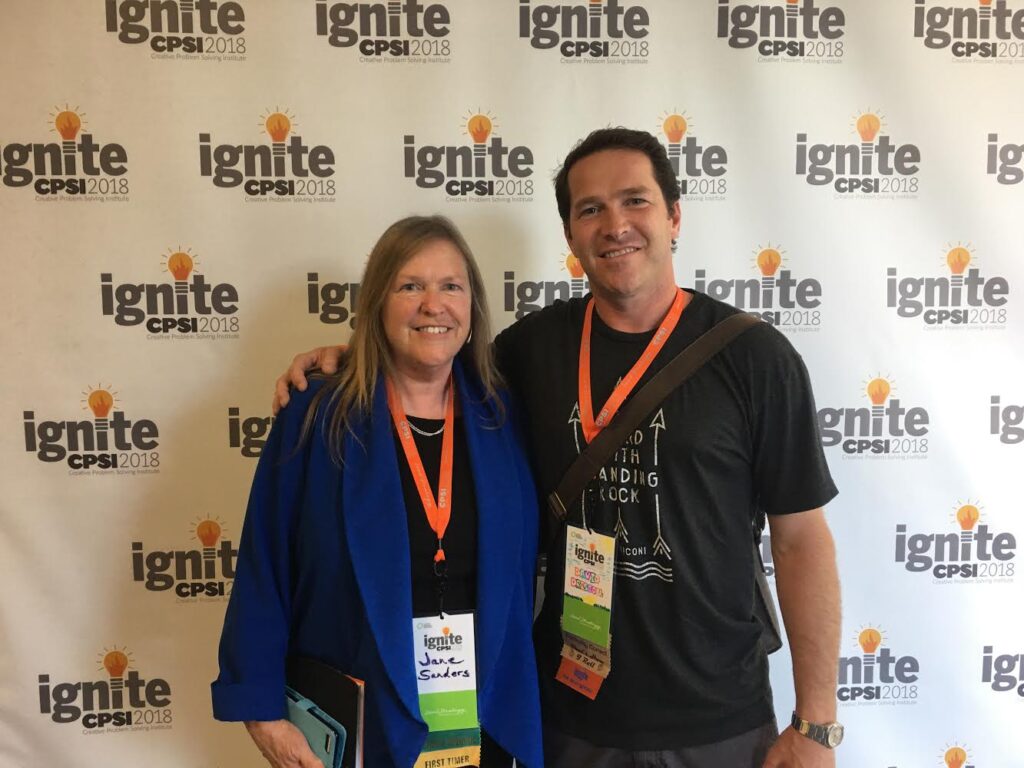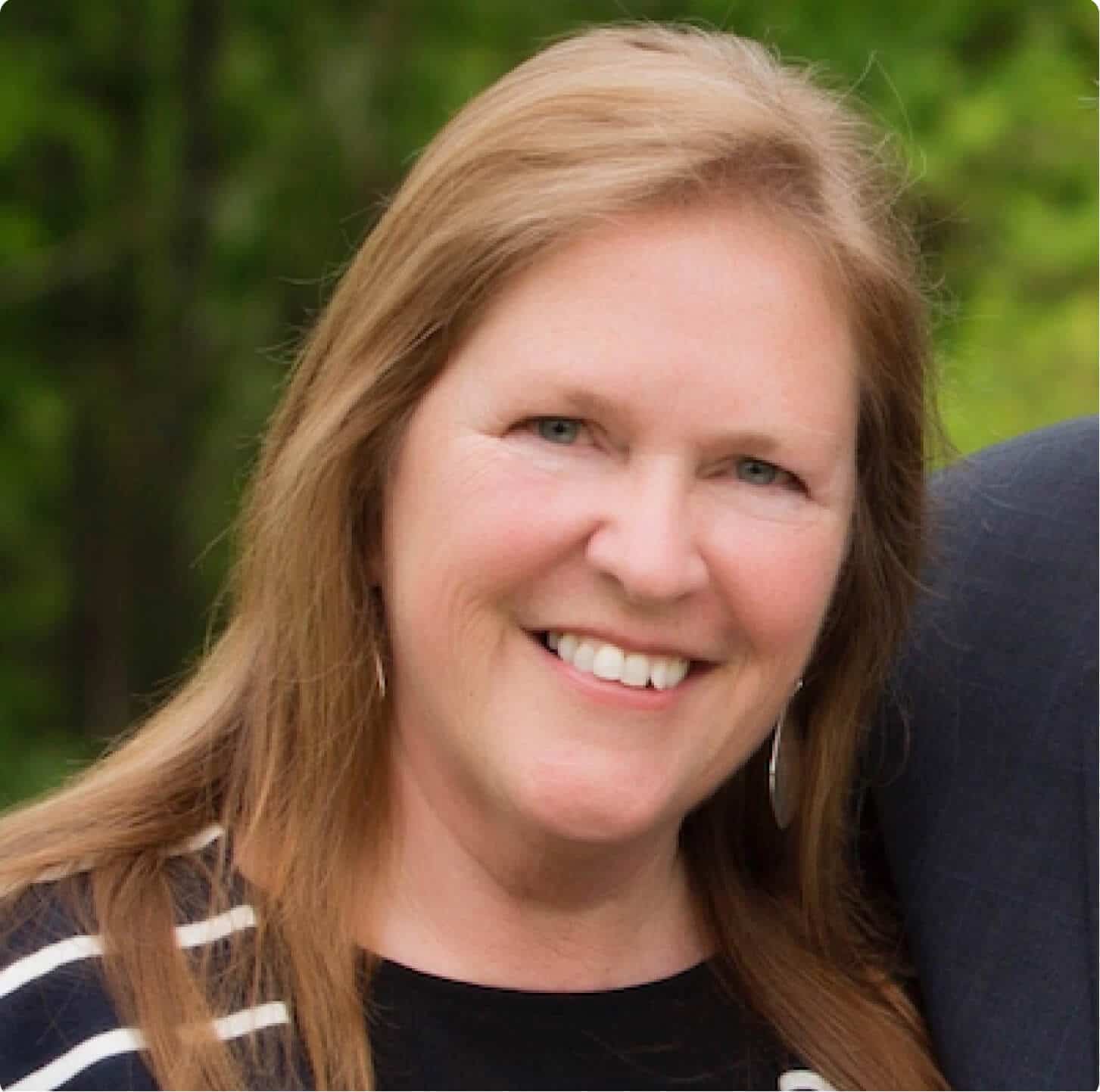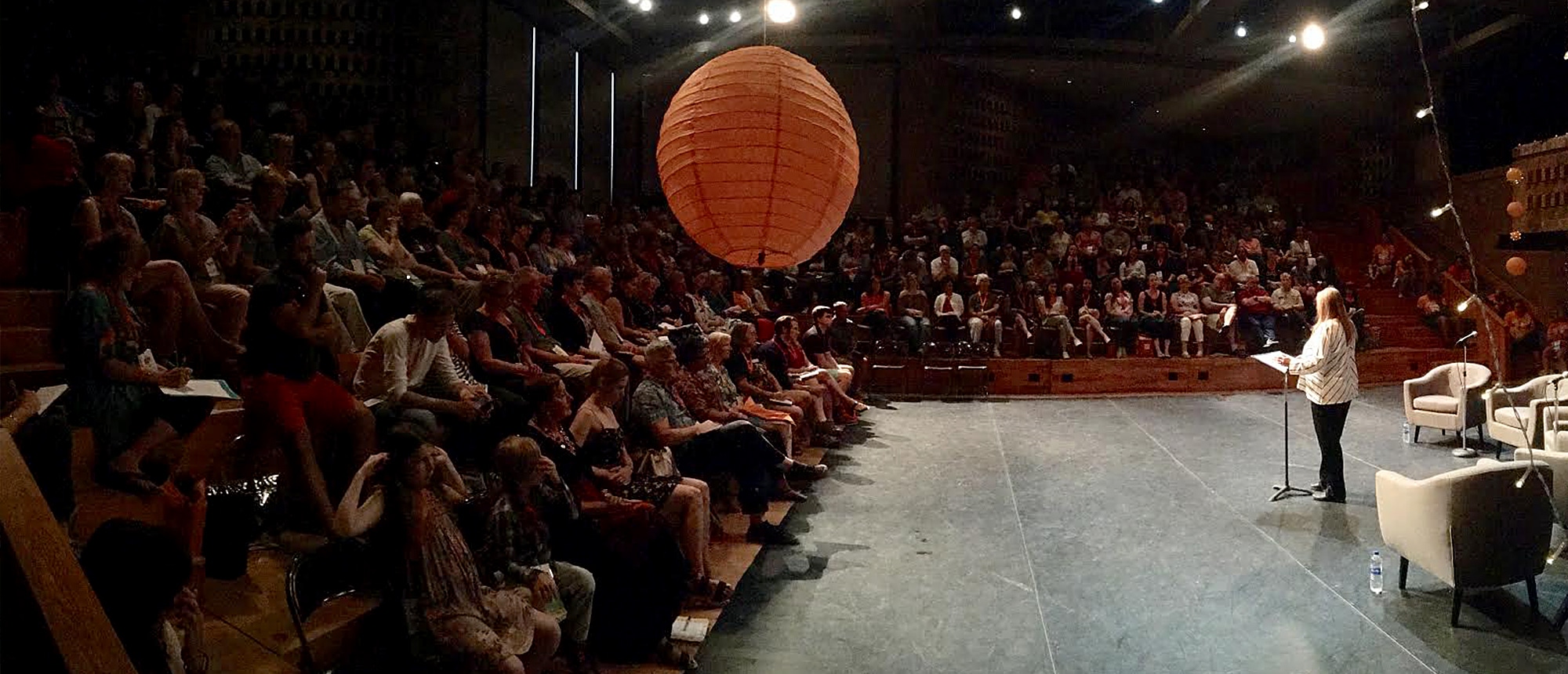Creative Problem Solving Institute Keynote Remarks
 Buffalo, New York – I’m very pleased to be here with you all tonight. I have to have to tell you, when I read about all that The Creative Education Foundation and The Creative Problem-Solving Institute (CPSI) have been doing for so many years, I felt like I found a home. This is the way my mind works. Divergent thinking is my innate tendency. When considering a problem, I usually consider the universe of options and then bring it in. It’s difficult to find interlocutors who think like this, who don’t feel overwhelmed by this approach. Many people don’t understand the distinct ways you have outlined for approaching challenges or opportunities in everyday life – not just in an organizational setting. I’m looking forward to learning some of the tools to train my mind more effectively and to share the processes you have developed – including seeking wild ideas before moving on to convergent thinking. The most important information I gleaned from my readings is an understanding that the process is cyclical and needs to be repeated at each step. I’m sure we’ll have many interesting conversations over the week.
Buffalo, New York – I’m very pleased to be here with you all tonight. I have to have to tell you, when I read about all that The Creative Education Foundation and The Creative Problem-Solving Institute (CPSI) have been doing for so many years, I felt like I found a home. This is the way my mind works. Divergent thinking is my innate tendency. When considering a problem, I usually consider the universe of options and then bring it in. It’s difficult to find interlocutors who think like this, who don’t feel overwhelmed by this approach. Many people don’t understand the distinct ways you have outlined for approaching challenges or opportunities in everyday life – not just in an organizational setting. I’m looking forward to learning some of the tools to train my mind more effectively and to share the processes you have developed – including seeking wild ideas before moving on to convergent thinking. The most important information I gleaned from my readings is an understanding that the process is cyclical and needs to be repeated at each step. I’m sure we’ll have many interesting conversations over the week.
When I think about creativity, I think about the creative artist’s perception that looks beyond what is and imagines what could be. I think about the political leaders who aren’t bound by the status quo and use their official status to bring people together to consider other options to deal with difficult issues. I think about the teachers who bring history to life and really value the innovative thinkers in their classes.
In art, creativity is usually appreciated, often celebrated – at least eventually. In my world, the world of politics and media and, increasingly, in education, conventional wisdom reigns.
In politics, candidates and elected official too often stick close to the talking points they’re given by their parties, their pollsters, and their consultants. They’re very careful to offer plans rather than ideas. They seldom bring their constituents together, listen, discuss and openly collaborate in order to re-define problems and seek innovative solutions together.
It’s very unfortunate for our democracy. This is understandable because everything they do is interpreted through the media.
And the mainstream media has the most convergent thinking that I’ve ever seen. And that’s a problem. It’s a problem for the Fourth Estate and it’s a problem for our democracy. I’ll just give you one example of that limiting of perspectives and ideas – that ‘group-think’ – that had serious consequences.
On the lead up to the Iraq war, every editorial page of the 54 largest newspapers in America except for one – McClatchey News – supported that war, recognized now as one of the worst military decisions in our country’s history.
The few elected officials that spoke up and opposed the war, articulating all the potential consequences, had editorials, newspaper stories, newscasts and television ads that excoriated them for that vote, which is now considered the right vote.
That is only one example of the absolute refusal of the establishment media to consider voices that think differently, that consider other options, that evaluate outcomes – if they are not conventional wisdom.
We’re living at an important time in America. A time that cries out for creative problem-solving, for redefining the problems and the opportunities and devising innovative responses and solutions. And to take action. It’s not possible to solve today’s or tomorrow’s problems with yesterday’s solutions. We Need to meet the difficult challenges presented by changing ourselves, our approach, the situation, or all of the above.
I believe what Albert Einstein said: “Imagination is more important than knowledge. For while knowledge defines all we currently know and understand, imagination points to all we might yet discover and create.”
We live in a complex world with complex problems, and solving them requires knowledge, compassion, engagement and creativity. And that’s why Dave Driscoll and I founded The Sanders Institute. Dave, our Executive Director, is here to participate in CPSI, as are his children, Ella and Dylan, who will be attending YouthWise.
“We’re living at an important time in America. A time that cries out for creative problem-solving, for redefining the problems and the opportunities and devising innovative responses and solutions.”
The Sanders Institute believes a vital democracy requires an informed electorate, civil discourse, and bold ideas. Our mission is to revitalize democracy by actively engaging individuals, organizations, and the media in the pursuit of progressive solutions to economic, environmental, racial, and social justice issues.
We focus on shifting the framework of the debate in a progressive direction. As I mentioned earlier, its’ often a heavy lift given the realities of DC politics, mainstream media and the ingrained centrist tendencies of the talking heads and political pundits. (They can only consider ideas from here to here. We want to move it over here.)
We serve as a progressive counterweight to the conservative – and the moderate – organizations that currently set that very narrow framework of debate. We’re not interested in discussing what they think is possible in today’s climate. We’re interested in communicating a vision for the future and identifying the steps needed to get there.
As a 501(c)3, we don’t engage in outright lobbying or advocacy. We don’t support or oppose specific bills or candidates. We educate. We research important issues and the strengths and weaknesses of current thinking. Then, we develop the arguments for progressive solutions, and provide data and resources for anybody who wants to learn more. And we encourage people to decide for themselves by providing non-partisan, fact-based information.
“We’re not interested in discussing what they think is possible in today’s climate. We’re interested in communicating a vision for the future and identifying the steps needed to get there.”
This is a challenging time to run a think tank. Because amid the nonstop, all-crisis-all-the-time coverage… thought itself – careful, critical, analytical thought – seems to be endangered. We aim to counteract that. We choose to stay focused on our vision, on the issues that affect people’s lives, rather than getting caught up in the latest controversies or scandals, or getting involved in inter-party – or intra-party, squabbles.
There is a strategic and a principled difference that we share with CPSI. We strongly believe in respectful dialogue – civil discourse that allows us to learn why people want what they want, to leverage differences and to find common ground. We don’t believe that lasting change comes from personal attacks, or soundbites, or ambush interviews. Those are all short-on-substance, short-term tactics which definitely attract attention, unfortunately. But they do nothing to further the public good or to effect real change.
Learning about the great work you do here has influenced our thinking and informed our approach. We of course continue to consider critical issues – the climate crisis, income inequality, health care, Native American affairs, criminal justice, war and peace. Now, we are incorporating the creative problem solving process. Clarify, Ideate, Develop & Implement – determining our purpose, participating in divergent and convergent thinking, and identifying outcomes through each step of the process.
The Creative Problem Solving Process develops deliberate creativity, intentional creativity. It develops the habit of creative thinking and enhances innovation and design thinking so it becomes natural to apply these approaches in different situations. Applied imagination, as the book by the same name explains.
We have many creative-minded individuals as Fellows at The Sanders Institute and I’d like to give you just a few examples of their contributions.
- Senator Nina Turner worked with us to create a series of five short videos addressing specific voting issues with three steps every individual can take to make a difference in each one of those voting issues.
- Robert Reich has broken down complex issues to three-minute informative and often funny videos. Recently, he did one explaining why we should abolish the debt ceiling and why we need budget parity instead of expanding the military budget at the expense of everything else.
- Harry Belafonte, who has been a voice of reason for a long time, completed a documentary piece comparing the recent protests and violence in Charlottesville with his own experiences during the civil rights era.
- Bill McKibben, a leading environmentalist for decades, has just completed a series of six short videos on the climate crisis. Set to debut next week, Bill provides powerful, easy-to-understand scientific information with options for action.
- Jeffrey Sachs, a leading economist, gave a talk on sustainable global development at the T20 conference. He had to present some pretty depressing facts, but his vision for change left people feeling optimistic and inspired.
- Danny Glover, a gifted performer, playwright and social activist, constantly brings individuals and organizations together to collaborate and develop fresh perspectives on problems that have faced us for far too long, especially criminal justice issues.
- While he is not (yet) a Sanders Institute Fellow, Shaun King, tired of all the old ineffective the attempts to end the ridiculous mass incarceration of our citizens, particularly people of color, decided to focus on electing DAs who want to fight for criminal justice. That office is rarely challenged at the ballot box. As a result, Larry Krasner, who was elected as the new DA in Philadelphia, now requires his DAs to provide a breakdown of the costs associated with sending offenders to prison. He is saving lives, saving taxpayer’s money and educating citizens about the impact of such high levels of incarceration. Even conservatives like what he is doing.
There are many other current Fellows – and soon-to-be Fellows – doing amazing work on the most important issues facing us, protecting the most vulnerable among us, fighting for fairness, equality and justice.

Co-founders Dr. Jane O’Meara Sanders and Dave Driscoll representing The Sanders Institute at the CPSI Conference in Buffalo, New York June 2018.
America was envisioned to be a just society. We’ve always held ourselves up to the rest of the world as an example of how the rule of law is supposed to operate in a free, democratic society. And yes, we’ve had some successes. And yes, we’ve fallen short. Sometimes – even now – tragically. But that’s the promise we’ve made as a nation. It’s up to every single one of us to make an effort to live up to that promise.
And that’s what, ultimately, The Sanders Institute wants to do.
When we read in the newspaper that the United States has detained two thousand children at the border, we should recognize that “the United States” is you and me. And we have to speak up. So, when any politician talks about the United States, remember, that is you. And remember, as a citizen in a democracy, you have a responsibility to use your voice to stand up for what you believe in – and to stand up and fight back against what you don’t believe in.
I want to thank The Creative Education Foundation for its decades long leadership and for developing the Creative Problem Solving Process that makes a difference in all our work. And I’d like to thank all the conference organizers for the opportunity to learn from them and the participants, here, at the Creative Problem-Solving Institute.

